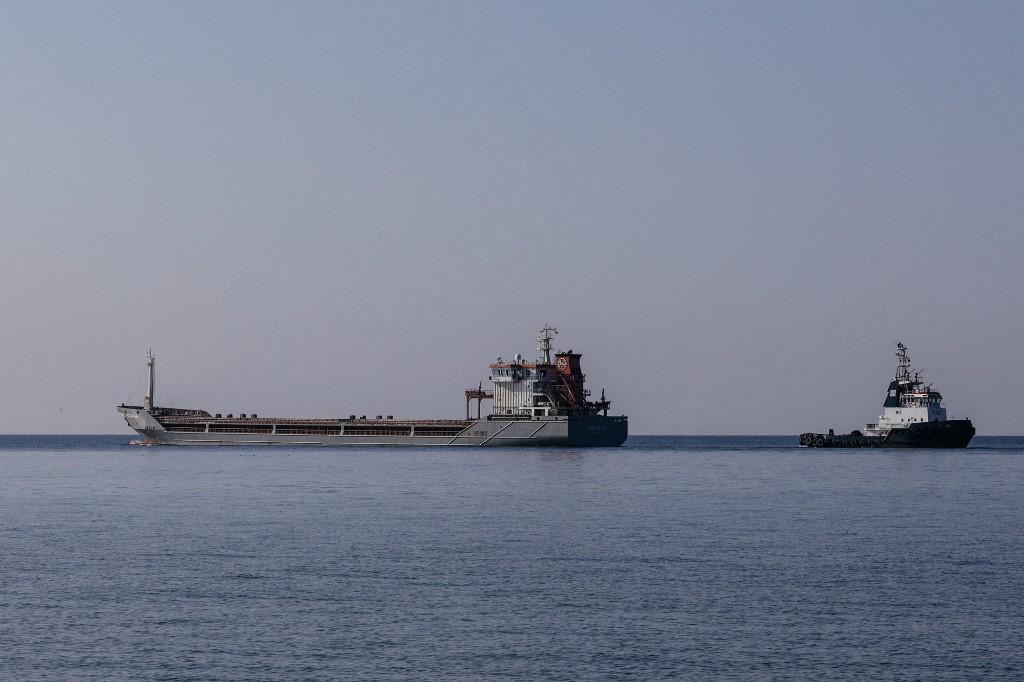Turkey said on Friday that talks to extend a deal allowing grain exports from Ukraine via the Black Sea following the Russian invasion were nearing an agreement, Agence France-Presse reported.
The deal is due to expire next Thursday.
“We are heading toward an agreement on the extension of the grain deal,” Turkish Defense Minister Hulusi Akar said in a statement.
Akar was referring to talks in Istanbul this week between officials from Turkey, Russia, Ukraine and the United Nations.
In addition to the longer extension of the deal, the meeting focused on a United Nations proposal to resume Russia’s ammonia exports along the Togliatti-Odesa pipeline, the UN said in a statement.
Ammonia is a core component of fertilizer, whose export Russia accuses the West of blocking in violation of past deals.
NATO member Turkey, which has good ties with Russia and Ukraine, has pushed both countries to resume peace talks after negotiations broke down last year.
Ankara helped the United Nations broker the grain deal last July, helping ease a spike in global food prices caused by Russia’s invasion.
More than 30 million tons of grain and agricultural products have been exported under the initiative to date.
“What does this mean?” asked Akar. “It means preventing hunger and maintaining stability.”
In March, the agreement was renewed for 60 days instead of the 120 days sought by Ukraine, after Russia laid down a number of conditions, including the right to export fertilizer.
There are no sanctions on Russian exports of food and fertilizers to global markets.
But secondary sanctions imposed on banks, shipping and insurance companies have blocked Russian sales.
Russian officials say they have not seen progress on the second part of the agreement that concerns its own exports.
The United States and Britain on Tuesday pressed Russia to extend again the deal, accusing Moscow of exploiting global hunger for advantage in the war.
“In recent days, Russia has once again returned to blocking ships from sailing to Ukraine’s ports to pick up the grain, in a cynical action that directly results in less food getting to global markets and to human beings in Africa, the Middle East and around the world,” US Secretary of State Antony Blinken said.
